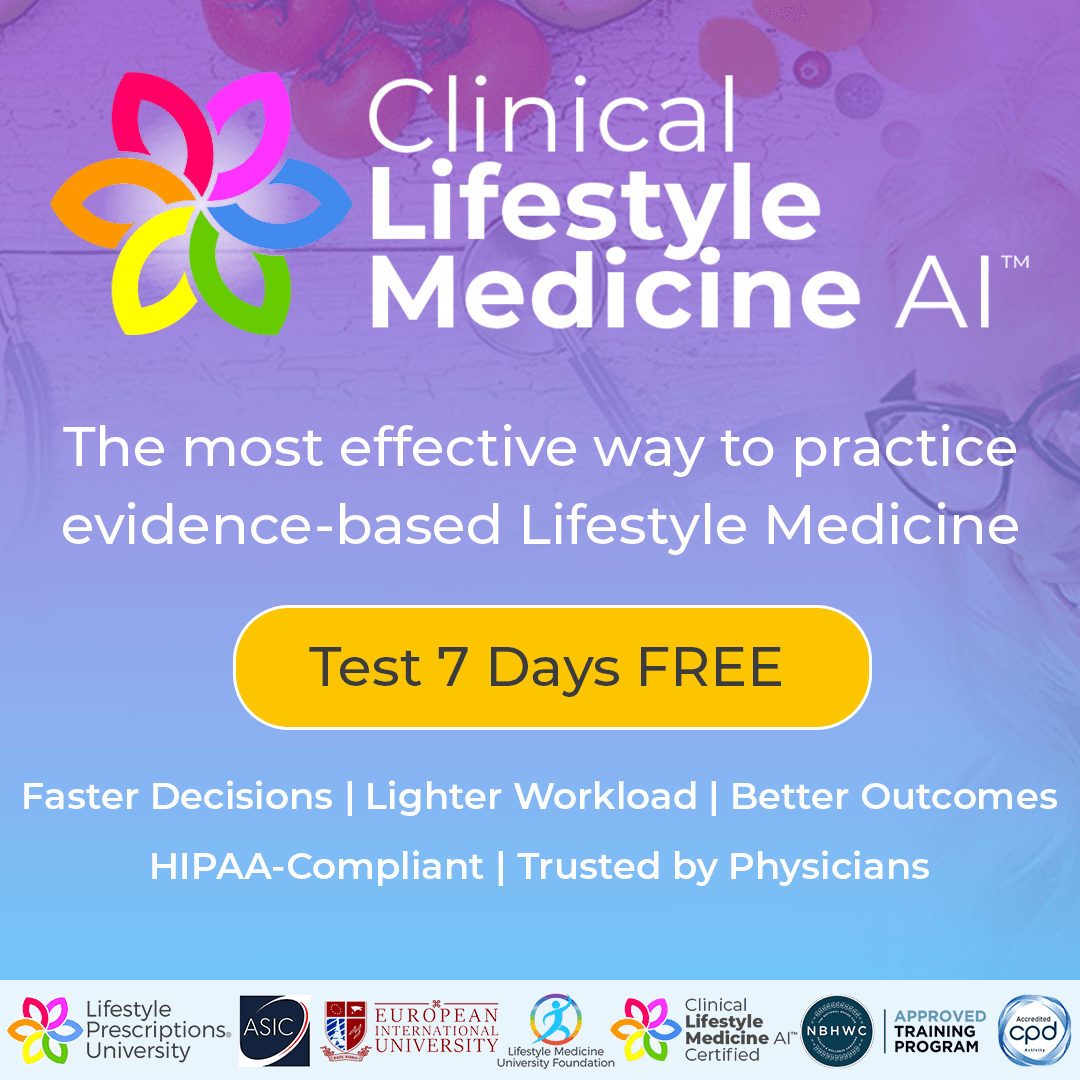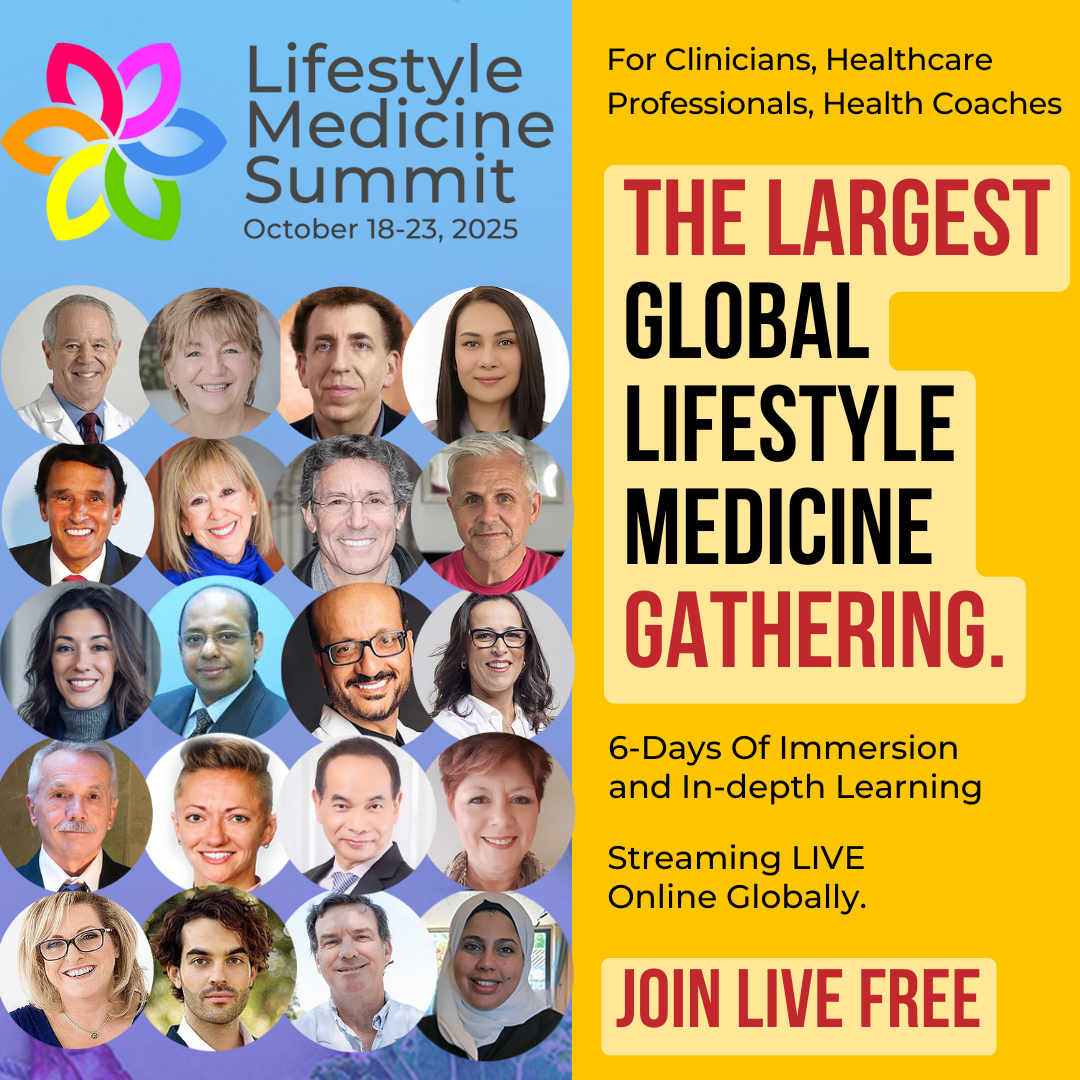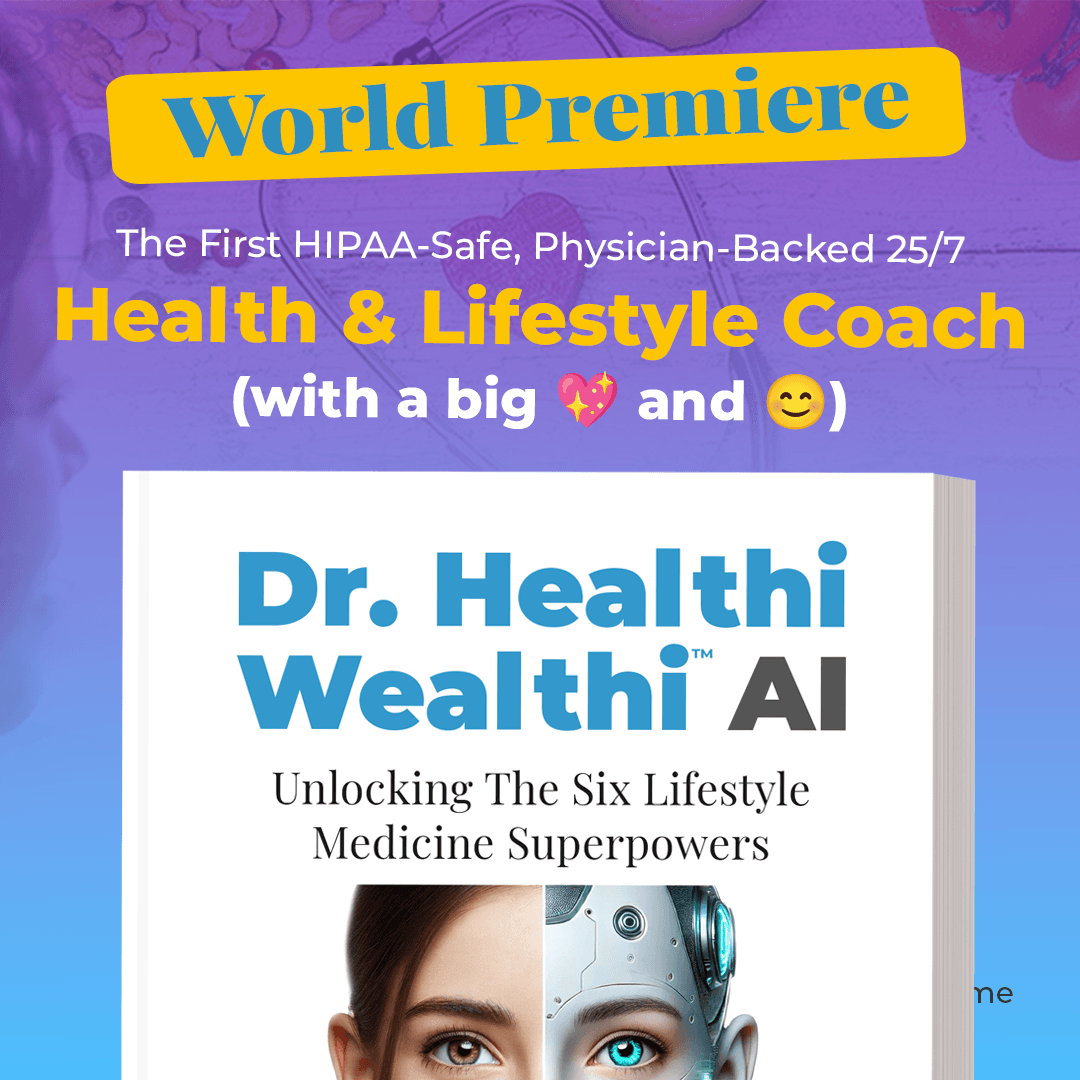Anti-Inflammatory Cooking Made Simple: A Culinary Medicine Guide
Inflammation is a natural process in the body, but chronic inflammation can contribute to a host of health issues, including heart disease, diabetes, and arthritis. The good news? What you eat can play a powerful role in reducing inflammation and promoting overall well-being. This is where culinary medicine comes into play — blending the art of cooking with the science of medicine to create meals that heal.
What Is Culinary Medicine?
Culinary medicine is an evidence-based field that uses food to prevent and treat disease. It empowers individuals to harness the power of ingredients to support health and well-being, turning the kitchen into a space of nourishment and healing. By incorporating anti-inflammatory foods into your daily meals, you can actively combat chronic inflammation and boost your vitality.

Essential Anti-Inflammatory Ingredients
Creating an anti-inflammatory superfood list can make it easier to build healing meals. These nutrient-packed foods are staples in culinary medicine and can be easily integrated into your diet:
Leafy Greens: Rich in antioxidants and nutrients, greens like spinach and kale fight oxidative stress.
Berries: Packed with vitamins and flavonoids, berries help reduce inflammation at the cellular level.
Fatty Fish: Salmon, mackerel, and sardines are loaded with omega-3s, which are known for their anti-inflammatory effects.
Turmeric & Ginger: These spices contain powerful compounds like curcumin and gingerol, known to ease inflammation.
Olive Oil: A staple in culinary medicine, extra virgin olive oil is rich in healthy fats that combat inflammation.
Nuts & Seeds: Almonds, walnuts, and chia seeds provide healthy fats, fiber, and antioxidants.
Legumes: Lentils and beans are packed with fiber and plant-based protein, supporting overall health.

How Nutrition Counseling Can Enhance Your Culinary Medicine Journey
While creating meals from your superfood list is a great start, working with a nutrition counselor can take your anti-inflammatory journey to the next level. Nutrition counseling offers personalized guidance, helping you understand which foods work best for your body and how to make sustainable changes.
Customized Superfood Plans: A nutrition counselor can help you tailor your superfood list to your unique health needs and preferences.
Practical Meal Strategies: With expert advice, you can learn to incorporate culinary medicine principles into your weekly meal prep.
Ongoing Support:Nutrition counseling provides accountability and motivation, making it easier to stay consistent with your anti-inflammatory diet.

The Impact of Culinary Medicine and Nutrition Counseling
By embracing culinary medicine and seeking nutrition counseling, you’re not just cooking you’re creating a proactive approach to health. Research shows that adopting an anti-inflammatory diet can reduce pain, improve digestion, and even lower the risk of chronic diseases. More than just a trend, culinary medicine encourages a mindful, nourishing relationship with food that supports long-term wellness.
Whether you’re battling chronic inflammation or simply want to feel your best, incorporating a superfood list into your routine with the support of nutrition counseling can be a game-changer. With the right ingredients and expert guidance, you can transform your meals into delicious, healing experiences.
Are you ready to start your anti-inflammatory cooking journey? Let culinary medicine and nutrition counseling guide you towards a healthier, more vibrant life, one meal at a time.
© 2015-2026 Lifestyle Prescriptions® University. The terms Lifestyle Prescriptions®, Organ-Mind-Brain Anatomy™, and Root-Cause Health Coaching™ are worldwide trademarks of the Lifestyle Prescriptions® University and can only be used after completing qualifying training programs. Lifestyle Medicine WORKS™, Lifestyle Medicine Summit, HealthiWealthi™ are trademarks of Lifestyle Medicine University Foundation.
* This website and all LPU training programs are for educational purposes only. No medical diagnosis, therapy, or treatment is provided.










